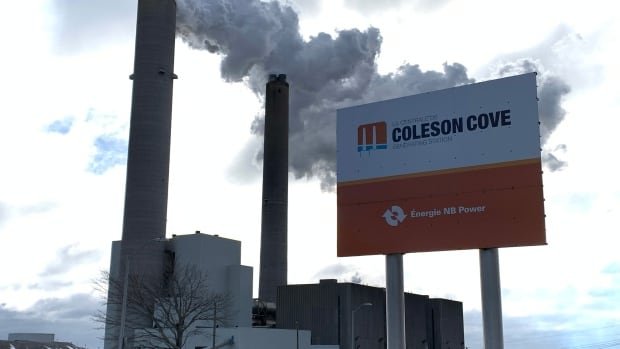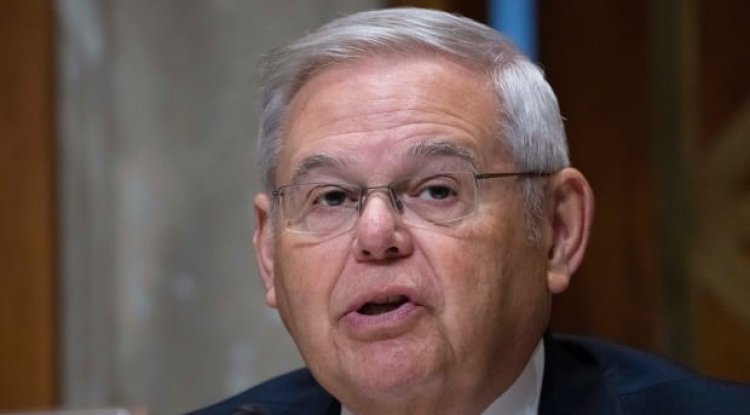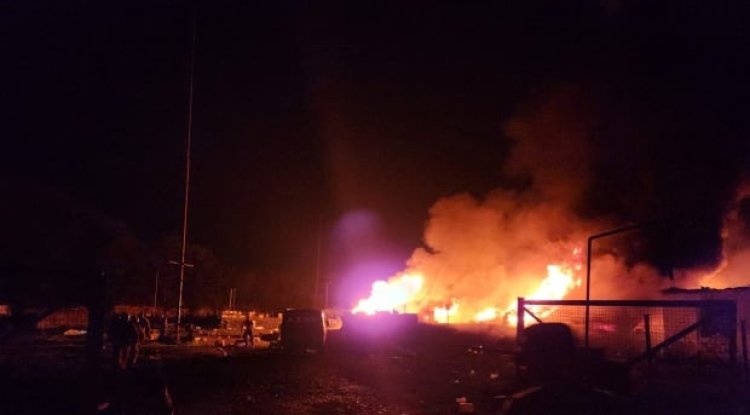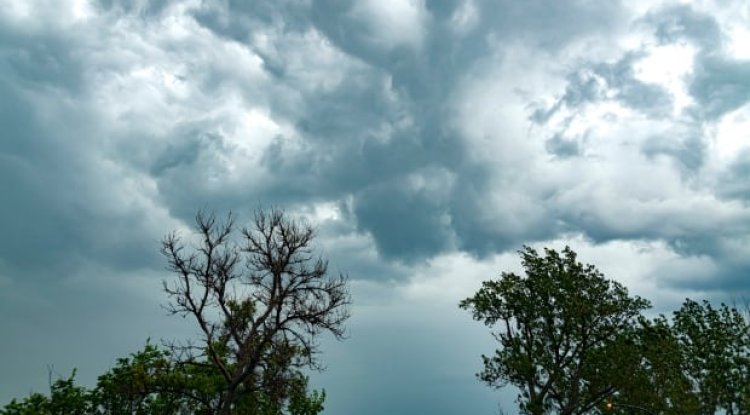Federal carbon charges levied on N.B. Power have been returned, utility concedes
The oil-fired generating station at Coleson Cove in Saint John has accounted for some of the $31.9 million in carbon charges N.B. Power has been hit with on its emissions over five years. (Roger Cosman/CBC)N.B. Power officials appearing before a committee of MLAs on Friday were asked about how federal carbon charges are harming the utility.But instead of pointing to harm, the officials said the policy has caused N.B. Power to lower emissions and help fund energy conservation and conversion programs for customers.N.B. Power president Lori Clark said carbon charges it has paid since 2019, mostly on emissions from two large oil and coal-burning generating stations in Belledune and Saint John, have been returned to the utility to finance heat pump, insulation and other programs it runs for customers."A lot of that money is being recycled back to allow us to help New Brunswickers with their electricity bills," she told the public accounts committee of the legislature.N.B. Power is planning


N.B. Power officials appearing before a committee of MLAs on Friday were asked about how federal carbon charges are harming the utility.
But instead of pointing to harm, the officials said the policy has caused N.B. Power to lower emissions and help fund energy conservation and conversion programs for customers.
N.B. Power president Lori Clark said carbon charges it has paid since 2019, mostly on emissions from two large oil and coal-burning generating stations in Belledune and Saint John, have been returned to the utility to finance heat pump, insulation and other programs it runs for customers.
"A lot of that money is being recycled back to allow us to help New Brunswickers with their electricity bills," she told the public accounts committee of the legislature.
N.B. Power is planning to spend up to $118 million this year on a variety of programs to help provincial businesses and individuals lower their electricity consumption.
This is almost five times what it spent four years ago. Much of that money is being supplied from carbon charges collected and redirected by both the federal and provincial governments, including charges N.B. Power itself has had to pay.
The utility views what it spends on customer-efficiency programs as a benefit because lower electricity usage from customers helps soften expensive peak demands on its system during the winter season.
Last winter, N.B. Power experienced the largest single demand load in history, 3,442 megawatts, during a cold snap on Feb. 4.
Maintaining generating infrastructure to serve those peak events is costly. Helping customers use less power, rather than build more generating capacity, is seen by N.B. Power as a cost-effective way to manage its own current and future expenses.
Jeff Carr, the Progressive Conservative MLA for New Maryland-Sunbury, asked how much in carbon charges N.B. Power has had to pay on its generators since 2019 and where that money goes.
N.B. Power's vice-president of business development, Brad Coady, estimated the bill will have reached $31.9 million by the end of 2023. However, everything paid to Ottawa has come back to the utility.
"A lot of the money we receive for energy efficiency stemming from federal support in that area is where that money is coming back," said Coady.
"We do not receive a rebate directly to N.B. Power but this is how we see the rebate showing up."
In the first two years, carbon charges on N.B. Power were collected by Ottawa, and in the last three years New Brunswick has run its own system. Money collected provincially also flows back to the utility after being deposited in the province's Climate Change Fund, according to Coady.
The vast majority of carbon charges N.B. Power has paid involve generation at the company's coal-fired generating station in Belledune and the Coleson Cove oil-fired station in Saint John.
A natural gas generating station, also in Saint John, has so far been efficient enough to avoid charges.
In addition to what N.B. Power has paid being returned, Clark acknowledged the federal policy has also caused the utility to reduce the burning of coal and oil to keep taxable greenhouse gas emissions down.
"When you think about how we dispatch our units we dispatch on economics," said Clark.
"As the carbon tax goes up and gets added to those units, then they are unlikely to get dispatched as low in the order."
What's Your Reaction?






















